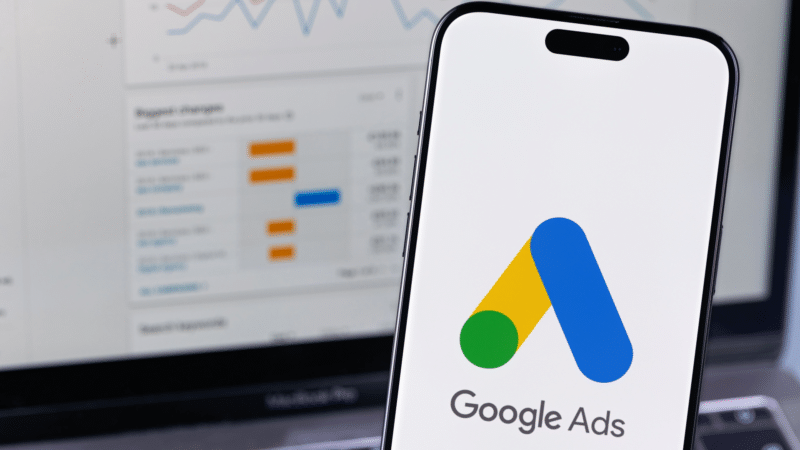
Understanding the Interplay Between Google’s Performance Max and Search Campaigns
In the evolving landscape of digital advertising, Google’s Performance Max (PMax) campaigns present both opportunities and challenges for marketers. This analysis, derived from insightful research conducted by Adalysis, delves into whether PMax campaigns cannibalize the effectiveness of traditional Search campaigns. With significant interplay between these campaign types, understanding their dynamics is crucial for software developers, digital marketing professionals, and B2B marketers seeking to optimize their strategies.
A pivotal finding of the research highlights that although Google posits that Search ads are designed to trigger for corresponding search terms, there are distinct nuances. The analysis revealed that PMax ads only overlapped with existing Search keywords a mere 2.8% of the time; however, 67% of PMax campaigns exhibited some degree of interaction with Search campaigns. This intersection underscores the importance of monitoring keyword performance meticulously to identify overlapping opportunities and maximize reach.
The relevance and quality of search terms emerged as key themes in the findings. Notably, PMax campaigns frequently utilized misspelled search terms that traditional Search campaigns overlooked. This discrepancy can be problematic, given the lack of transparency from Google in reporting misspellings, leaving advertisers with less control. Such a dynamic serves as a reminder for marketers to stay vigilant in tracking their search terms and performance metrics.
When looking at performance metrics, Search campaigns consistently outperformed PMax in key areas. For instance, Search campaigns achieved click-through rates (CTR) that were 65% higher than those from PMax. Furthermore, conversion rates favored traditional Search by a striking 84.18%. Despite PMax generating more impressions in many instances, its ability to drive actual conversions and revenue remained limited compared to Search.
To leverage the insights derived from this analysis, it is advisable for marketers to consider integrating their PMax search terms as exact match keywords within their Search campaigns. This approach can potentially enhance performance outcomes while allowing for meticulous management of keywords and ad copy. Traditional Search campaigns still hold the edge, particularly in terms of lead generation, which should be a primary focus for advertisers looking to optimize their strategies.
As digital marketing continues to evolve, the rise of URL shorteners could further complement these advertising strategies. Using short links through platforms like BitIgniter or Link Shortener tools can lead to better tracking, improved engagement rates, and enhanced clarity in campaigns. By leveraging custom domains and efficient short link management, marketers can streamline their outreach and potentially see increased conversion values, echoing the efficacy noted in traditional Search campaigns.
In conclusion, the evidence points toward a strategic alignment between traditional Search advertising and PMax campaigns. Advertisers should meticulously analyze their data, actively engage with their keywords, and prioritize Search campaigns when aiming for impactful lead generation. Combining these strategies with effective URL management tools can provide a holistic approach to digital marketing, maximizing both visibility and conversion.
#BitIgniter #LinksGPT #UrlExpander #UrlShortener #DigitalMarketing #SearchCampaigns
Want to know more: Performance Max vs Search Campaigns

